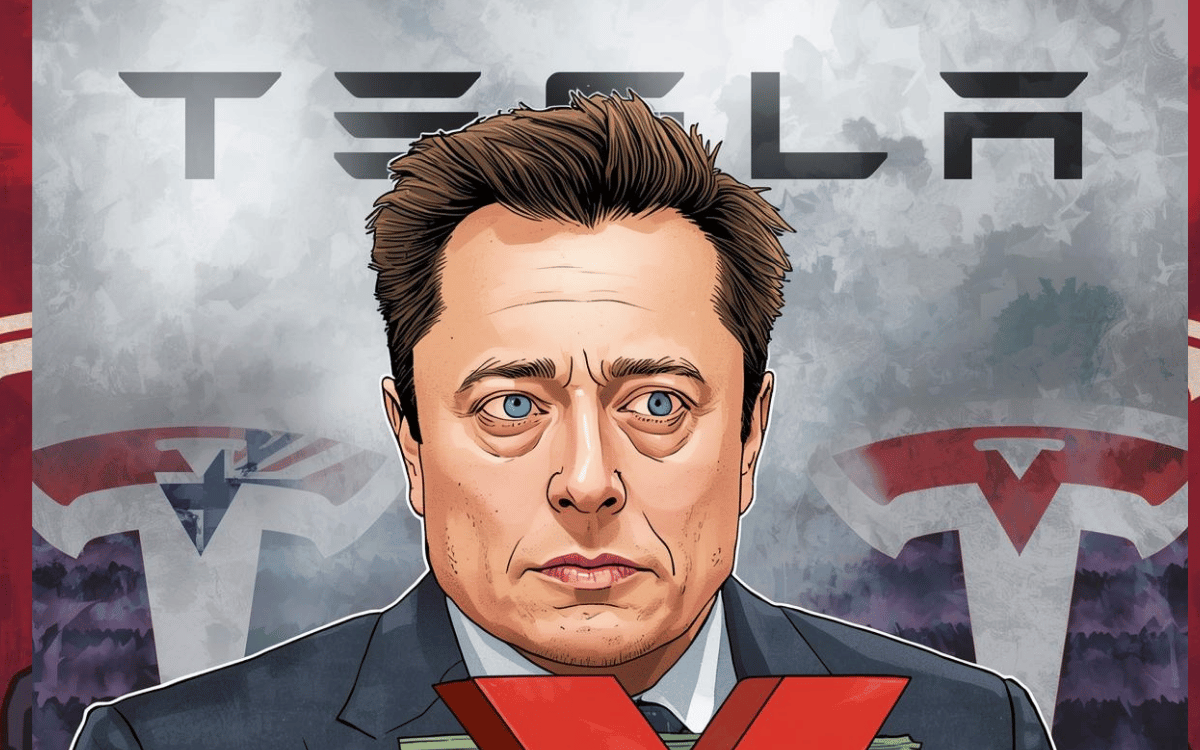In a dramatic move, the world’s largest sovereign wealth fund, managed by Norges Bank Investment Management on behalf of Norway, announced that it will vote against the proposed compensation package for Elon Musk, CEO of Tesla Inc.. The deal in question could see Musk receive shares worth up to US $1 trillion if Tesla hits an ambitious market valuation of US $8.5 trillion over the next decade. Reuters+1
Why the fund is pushing back
While acknowledging that Musk has created significant value under his leadership, Norges Bank cited key concerns:
- The enormous size of the award and its potential to dilute other shareholders. Reuters
- The risk tied to having a single individual—the “key-person risk”—drive so much value and control. The Guardian
In turning against the package, the fund is making a clear statement about its philosophy on executive pay: value creation alone isn’t enough; it must be balanced and avoid giving unchecked power.
The deal in perspective
According to analysis, while the headline number is US $1 trillion, once costs are deducted the potential payout stands closer to US $878 billion—still unprecedented for a CEO. Reuters+1 Tesla’s board, meanwhile, is warning shareholders that rejecting the package could lead to Musk leaving the company, which they say would threaten Tesla’s future. The Guardian
Why this matters to markets and governance
- Corporate governance spotlight: Big pay deals like this one are under increasing scrutiny from global institutional investors, especially those focused on long-term value, dilution and board structures.
- Investor signals: Norway’s resistance could influence other large-scale shareholders and proxy voters around the world who are balancing growth narratives with governance concerns. Investing.com
- Tesla’s future direction: With Musk holding ~15 % or more of Tesla’s shares, a vote against his package could cast light on how the company is governed and whether power is becoming overly concentrated.
What to keep an eye on
- Will additional institutional investors follow Norway’s lead and publicly oppose the deal?
- How will Tesla respond if the package is rejected—will they revise it or attempt to placate dissenters?
- What precedent does this set for other mega-pay deals in high-growth tech and EV firms?
- How will this influence Tesla’s share price, investor confidence and broader sentiment around CEO award structures?
Final word
This is more than just a boardroom fight or pay package drama—it reflects a pivotal moment in how mega-growth companies and heavily compensated leaders are evaluated by global investors. For readers following tech, corporate power and investment governance, this story captures how size, control and compensation are increasingly under the microscope.
